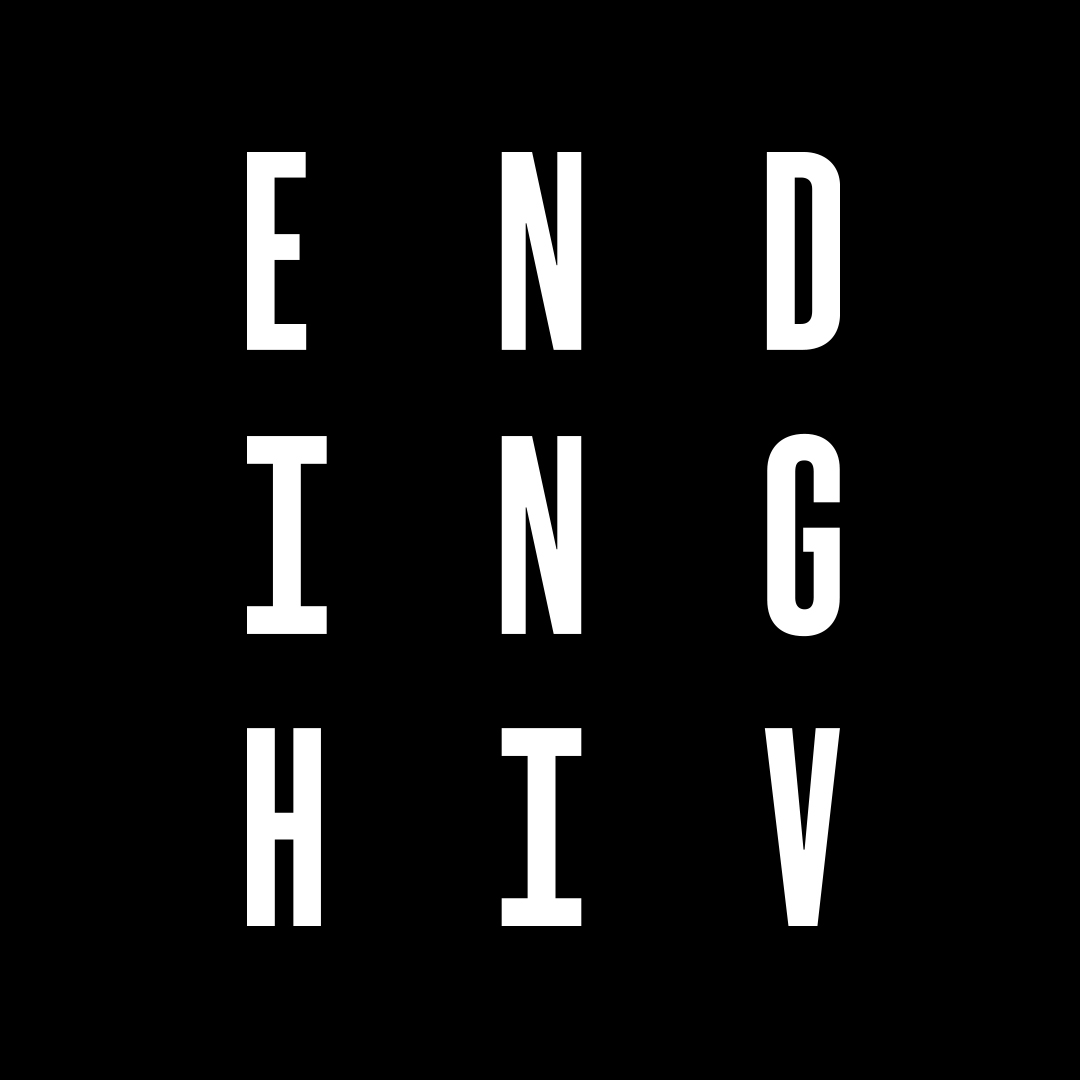How to Identify, Test & Treat Oral Gonorrhoea
Gonorrhoea, AKA ‘gono’, or ‘the clap’ is a sexually transmitted infection caused by the neisseria gonorrhoea bacteria. Gono can be transmitted via sex in a range of ways, but let’s take a look specifically at gonorrhoea of the throat.
Oral gonorrhoea symptoms
Lots of sexually transmitted infections (STIs) are asymptomatic, meaning they won’t show any symptoms at all. The same is true for oral gonorrhoea. However, if you do get oral gonorrhoea symptoms, they can include:
- Painful swelling of the glands
- A burning feeling in the throat
- Sore or dry throat, which might feel similar to having a cold
- Gonorrhoea can also impact the eyes, with conjunctivitis-type symptoms (sticky, gooey, gunky eyes)
Even if you don’t have any symptoms it’s important to remember that you can still pass oral gonorrhoea onto others. As always, the best way to keep safe is to use condoms and get STI tested regularly especially if you’ve had unprotected sex.
How common is oral gonorrhoea?
In NSW in 2020 oral gonorrhoea was the second most common form of gonorrhea infection amongst men who have sex with men, while infections of the genitourinary tract (urethral) were the most common. This illustrates just how important regular STI testing that includes a throat swab and urine sample is, even if you aren’t having anal sex.
How is oral gonorrhoea transmitted?
Oral gonorrhoea is transmitted via semen and front hole fluids, which are exchanged during sexual contact. You don’t need to ejaculate to pass on gonorrhoea; the infection can be present in all fluids, which includes pre-cum. The most common way that oral gonorrhoea is transmitted is via oral sex without a condom.
How do you test for oral gonorrhoea?
An oral gonorrhoea test couldn’t be easier. It’s just a quick swab of the throat, which is then sent for diagnostics to see if any gonorrhoea bacteria are present. If you’ve had a COVID test before it’s a bit like that – it’s over in a second but can be a little bit ticklish/uncomfortable.
How is oral gonorrhoea treated?
Oral gonorrhoea is usually treated via a course of antibiotics, prescribed by a doctor or a sexual health clinic. Once you’ve completed your antibiotics, your doctor might want to test you again to make sure that the treatment worked. It’s also advised not to have any sexual contact for the seven days after you start treatment.
It’s also recommended that you avoid having sex with any of the same partners from the past two months until they’ve been tested and treated too.
Repeat infections can occur, so just because you’ve been treated once doesn’t mean you won’t get oral gonorrhoea again.
Do I need to tell my sexual partners if I am diagnosed with oral gonorrhoea?
You’ll definitely need to let any recent sexual partners know if you’ve been diagnosed so that they can get tested and treated too. Without treatment, oral gonorrhoea can lead to lasting health issues, so letting people know upfront is the best thing for everyone.
The official term is ‘contact tracing’, and your doctor can help you with this. They can advise you on who you need to tell and the best way to go about it.
Over 16% of the Australian population (that’s around 4 million people) will have an STI at some point in their lives so it’s really nothing to be ashamed of.
How do you prevent gonorrhoea in the throat?
The simplest way to prevent transmission of oral gonorrhoea is by using a condom. However, we know that for oral sex, most guys will go without using one. This is why it’s important to make sure that you and your partners are getting tested regularly for STIs. For anyone who is sexually active, we recommend once every three months.
In addition to this, recent research has indicated that you might be able to prevent cases of oral gonorrhoea by gargling with mouthwash soon after sex. So keep a bottle handy and you may be getting more than just minty fresh after sex breath!
On PrEP? It’s important to remember that PrEP doesn’t protect you from STIs other than HIV. To help protect against oral gonorrhoea and other STIs use condoms for oral and anal sex and gloves for arse play.
If you have any questions about gonorrhoea and are in NSW, you can call the NSW Sexual Health Infolink on 1800 451 624 to speak to a sexual health nurse.
